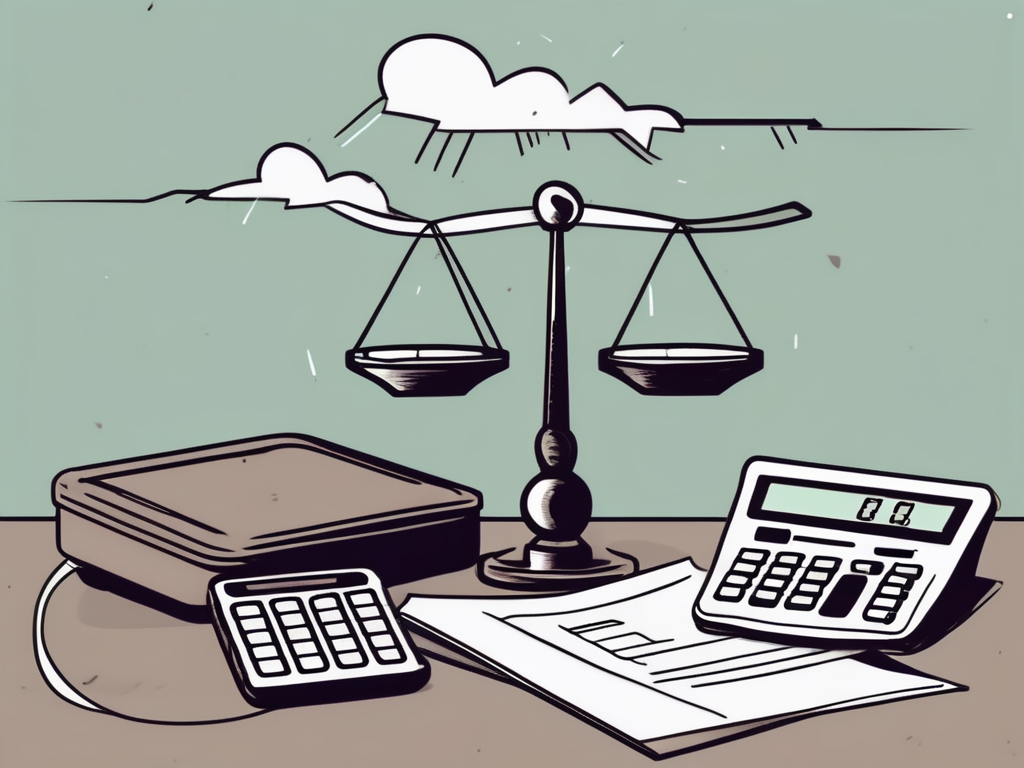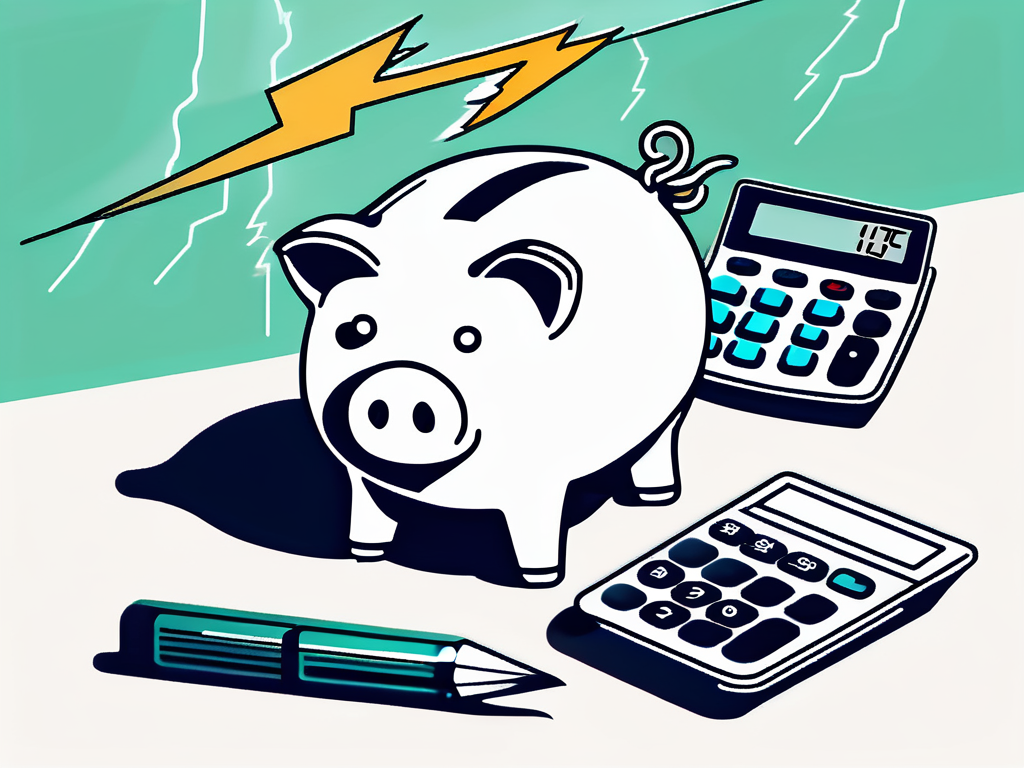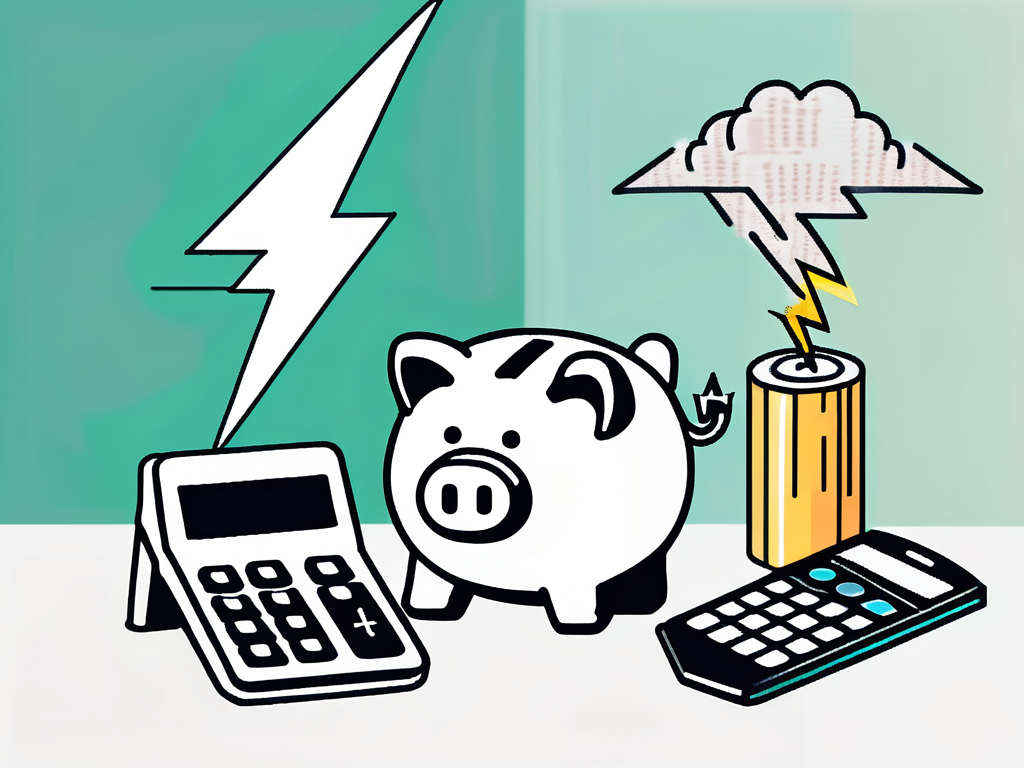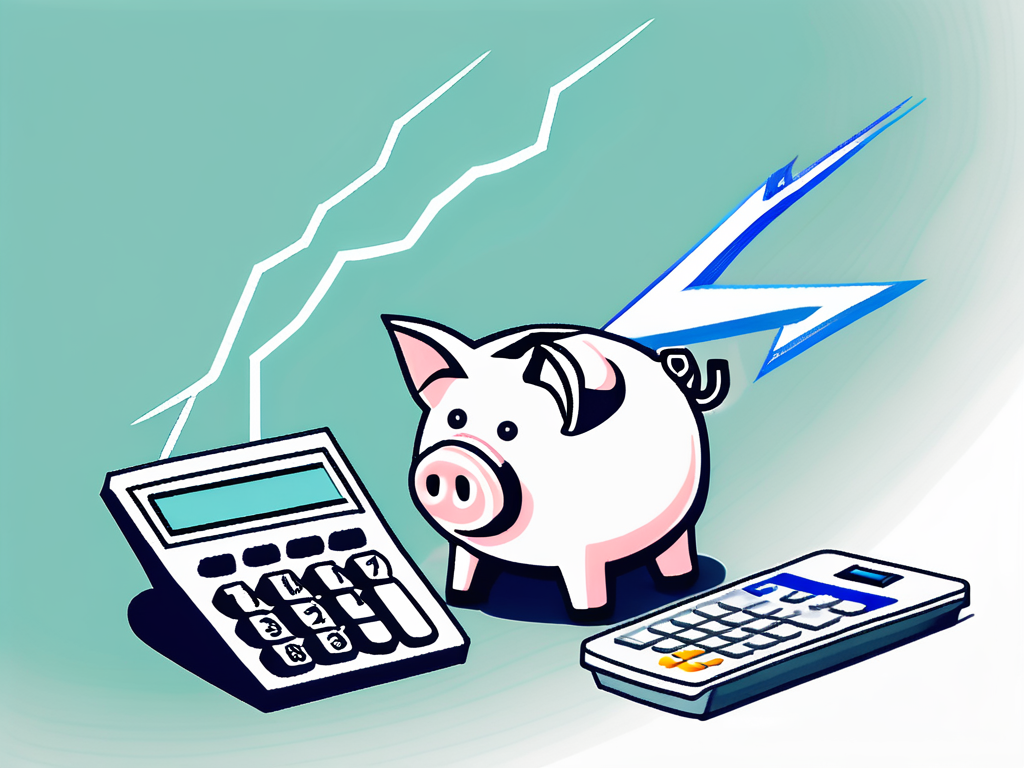Learn about the options available for discharging back self-employment taxes owed.
rEAD MORE
As a self-employed individual, understanding your tax obligations is crucial to maintaining financial health. However, there may be instances where you find yourself unable to pay the self-employment taxes you owe. This article explores the concept of discharging back self-employment taxes, the possibilities, limitations, and alternatives available to you.
Before diving into the topic of discharging self-employment taxes, let's quickly clarify what these taxes entail. Self-employment taxes are the taxes individuals must pay if their business income exceeds a certain threshold. These taxes primarily consist of Social Security and Medicare taxes, commonly known as FICA (Federal Insurance Contributions Act) taxes.
Self-employment taxes play a crucial role in funding Social Security and Medicare benefits for self-employed individuals. These taxes are essential for ensuring that self-employed individuals have access to these vital programs during their retirement years or in case of disability.
Self-employment taxes are levied on individuals who work for themselves, either as sole proprietors or independent contractors. These taxes are designed to ensure that self-employed individuals contribute their fair share to Social Security and Medicare programs.
It's important to note that self-employed individuals are responsible for both the employer and employee portions of these taxes, unlike traditional employees who have these taxes withheld from their paychecks by their employers.
Self-employment taxes are calculated based on your net earnings from self-employment. The Internal Revenue Service (IRS) considers 92.35% of your self-employment income subject to these taxes. The rate for self-employment taxes is currently 15.3%, comprising of Social Security tax (12.4%) and Medicare tax (2.9%).
It's important for self-employed individuals to accurately report their income and pay their self-employment taxes on time to avoid penalties and interest charges from the IRS. Keeping detailed records of income and expenses can help in accurately calculating and reporting self-employment taxes each year.
When faced with overwhelming debt, individuals often explore the option of discharging that debt. Discharging debt essentially means legally eliminating or reducing the amount owed to creditors. However, this typically involves filing for bankruptcy and going through a legal process.

Debt discharge can be a complex and daunting process, but it can provide individuals with a much-needed fresh start. By working with legal professionals and following the necessary steps, individuals can navigate the intricacies of debt discharge and move towards a more stable financial future.
Discharging debt is the process of obtaining a release from the legal obligation to repay a debt. This provides individuals with a fresh start and relieves them of their financial burden.
It's important for individuals considering debt discharge to understand the implications and consequences of such actions. While it can offer relief from overwhelming debt, it can also have long-term effects on credit scores and financial stability. Seeking guidance from financial advisors and credit counselors can help individuals make informed decisions about discharging their debts.
The process of discharging debt starts with filing for bankruptcy. Bankruptcy is a legal proceeding that allows individuals, or businesses, to seek relief from their debts when they are unable to pay them. The court evaluates the individual's financial situation and, if approved, discharges or restructures the debts accordingly.
During the bankruptcy process, individuals may be required to attend credit counseling and financial management courses to help them better understand their financial habits and responsibilities. These educational components aim to equip individuals with the knowledge and skills needed to manage their finances more effectively in the future.
Now, let's address the burning question: can you discharge back self-employment taxes owed? The short answer is generally no, you cannot discharge self-employment taxes owed through bankruptcy. However, there are certain scenarios where you may be able to alleviate your tax burden through bankruptcy.
Self-employment taxes are a unique category of tax obligations that are typically not dischargeable in bankruptcy. These taxes are considered a priority debt, meaning they are given higher importance compared to other types of debts. This priority status makes it challenging to eliminate self-employment tax debt through bankruptcy proceedings.
Bankruptcy offers relief for many types of debts, such as credit card bills or medical expenses. However, when it comes to self-employment taxes owed, bankruptcy rules are more stringent. Generally, self-employment taxes are considered priority debts that cannot be discharged.
When considering bankruptcy as a potential solution for self-employment tax debt, it's essential to understand the specific rules and limitations that apply to tax obligations. While some forms of tax debt may be eligible for discharge under certain circumstances, self-employment taxes typically do not fall into this category.
While it is challenging to discharge self-employment taxes owed, there are exceptions in cases of fraud or criminal conduct. If the IRS determines that you engaged in fraudulent or willful evasion of taxes, they may allow the discharge of these taxes through bankruptcy.
It's crucial to seek professional advice and guidance when dealing with self-employment tax debt and exploring bankruptcy options. Understanding the intricacies of tax law and bankruptcy regulations can help you make informed decisions regarding your financial situation and obligations.
Understanding the potential consequences of discharging self-employment taxes is crucial before you consider this option. It is important to delve deeper into the complexities surrounding this decision to make an informed choice.

When contemplating discharging self-employment taxes, it is essential to consider not only the immediate repercussions but also the long-term effects on your financial health and stability.
Discharging self-employment taxes can have a significant negative impact on your credit score and overall financial standing. Bankruptcies stay on your credit report for several years, making it challenging to obtain credit or loans in the future. This can hinder your ability to secure favorable interest rates or financing options for personal or business endeavors.
Furthermore, the ramifications of a diminished credit score extend beyond just financial matters. It can affect various aspects of your life, such as renting an apartment, obtaining insurance, or even securing employment in certain industries that require a good credit history.
Attempting to discharge self-employment taxes through bankruptcy without meeting the necessary requirements can result in legal consequences. It is vital to consult with a qualified tax professional or bankruptcy attorney to understand the potential legal implications. Navigating the legal landscape surrounding tax discharge is intricate and requires a comprehensive understanding of tax laws and bankruptcy regulations.
Failure to adhere to the legal requirements when discharging self-employment taxes can lead to audits, penalties, or even legal action by tax authorities. It is crucial to approach this process with caution and seek expert guidance to avoid any unintended legal ramifications that may arise.
While discharging self-employment taxes owed may pose challenges, there are alternative options available to help manage your tax burden.
When facing self-employment tax obligations, it's crucial to consider all available avenues to address your financial responsibilities. Exploring alternatives to discharging self-employment taxes can provide relief and prevent drastic measures such as bankruptcy.
One viable alternative is setting up a payment plan with the IRS. The IRS offers various installment agreement options, allowing you to pay off your tax debt over time, avoiding the need for bankruptcy.
Establishing a structured payment plan can ease the burden of a lump sum payment and provide a more manageable way to fulfill your tax obligations. By adhering to the terms of the installment agreement, you can gradually settle your self-employment taxes while maintaining compliance with the IRS.
Another alternative is to seek professional tax assistance. Tax professionals can help you explore legal deductions, credits, or other strategies to minimize your self-employment tax liability. They can also guide you through the process of negotiating with the IRS for a more manageable payment plan.
Collaborating with tax experts can offer valuable insights into tax laws and regulations, ensuring that you leverage all available options to reduce your tax burden. By enlisting the expertise of professionals well-versed in self-employment tax matters, you can navigate complex tax issues with confidence and work towards a more sustainable financial future.
Discharging self-employment taxes owed is generally a challenging endeavor. While there are exceptions, bankruptcy is not a straightforward solution. It is crucial to explore alternative options, such as payment plans or seeking professional tax assistance, before considering bankruptcy. As always, consulting with a qualified tax professional can provide you with the guidance needed to navigate through your unique financial circumstances.

Remember, staying informed about your tax obligations as a self-employed individual is essential. By understanding the intricacies of self-employment taxes and exploring the available options, you can make informed decisions to help achieve financial stability and minimize your tax burden.
One important aspect to consider when dealing with self-employment taxes is the classification of your business entity. Whether you operate as a sole proprietor, a partnership, an S corporation, or a limited liability company (LLC) can significantly impact your tax liabilities. Each business structure has its own set of tax rules and implications, so it's crucial to choose the one that aligns best with your financial goals and circumstances.
Furthermore, keeping detailed records of your income and expenses is paramount for accurately reporting your self-employment income and deductions. Maintaining organized financial records not only helps you fulfill your tax obligations but also provides valuable insights into the financial health of your business. Consider utilizing accounting software or hiring a professional bookkeeper to streamline this process and ensure compliance with tax laws.
Copyright © 2025 Vincere Tax| All Rights Reserved
Privacy Policy